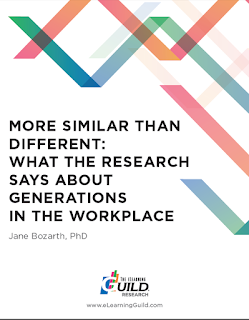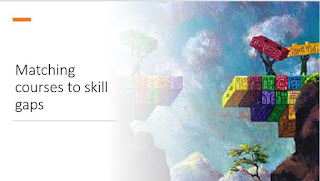Universities have been around for 1000 years, it is time for the next level of education, moving beyond single universities. New learning architectures are being build, a paradigm shift is happening as course development needs to be made more efficient in keeping pace with sector innovation. This means, new alliances need to be setup across universities (see further below) and new pedagogies need to be installed (see part 2 later). This demand for change has been around for 10 years, but it seems change is upon us. Will the change do us all good?
Old and still here
The university of Bologna was founded in 1088 A.D. and is considered the oldest university in the world. Oxford university was founded not long after that and gradually more universities emerged. Their model was profitable, as you can see as these universities stood the test of time. But is there model still relevant today? Do universities deliver top employees, ready for the higher end job market? No. What they can do, is deliver strong research and evidence-based results. But researchers are only a small part of everyone graduating from university. So when it comes to teaching students to work in non-university sectors, they fail.
While jobs change, curricula seldomn adjust rapidly
This is due to the rapid change of job profiles, emerging new sectors, innovation overall... no rigid university curriculum can stay on top of rapid change. There is too much specialization involved and the capacity to change on the go as innovation reshapes a sector (e.g. AI embedding affecting all sectors).
It is a tough goal to ensure that any student coming in for a four year learning journey, will have learned the most innovative, timely training. This becomes even more difficult if we consider the needs of new jobs, that are often situated between different 'known' disciplines (but of course AI can be used to train people for future jobs, hence using innovation to prepare for innovation). But any Utopian or Distopian believes aside, universities in their single, ivory towers are no longer ready to deliver the best employees for these changing times.
Merging knowledge and specialize
The dominant form always wins, we know this since the Pullitzer prize winning book of Jared Diamond, called "Guns, Germs and Steel". Unfortunately, dominance is seldom the highest quality, it is simply the most agile, the best equiped. Quality always subserves quantity and technological lead (feel free to find examples, there are many! My preferred one is VHS versus Betamax).
Single universities cannot compete with innovation. They lack speed and specialization. Engineering courses for instance, almost every big university has them.... this is clearly not an efficient use of resources nor course development. Now if a set of universities combines forces, each one of these universities can specialize in one particular area, ensure course relevance and speed due to this specialization (you don't need to update all engineering courses, only your own segment). 10 universities in the USA have started such a collaboration (see Big Ten Academic Alliance post referring to online courses). This is only the start of course, but you can see that working together will save money and human resources, while at the same time enable more rapid course development as innovations are rolled out. As part of such a university network, each partner can now focus on one particular area.
More than graduates and beyond course degrees
Of course, this type of developing innovation-paced courses, also opens the door for more than students, as professionals will need to stay on top of their field as well. This means it is no longer about curricula and formal courses within a single or joined university to get a degree. With professional learners taking up parts of a degree course, certificatoin needs to become modular. This means certificatoin that is both formal and informal, as well as part of a micro-certification becomes necessary. Look at the Microbol European Certification program that offers a certification across universities (btw nice keynote on the subject can be seen here as part of the virtual EDEN conference September 2020).
In the next few years many universities will merge to stay afloat and become more competitive. This also means that they will need to choose which main language they will speak with their students ... this again will lead to a more dominant educational language... if I push aside the impact on educational divides ... I guess I concur with Cheryl Crow: "A change will do U good".








